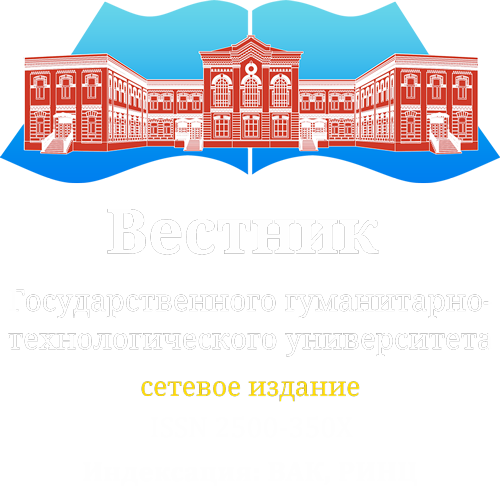Т.Н. Осинина 💾 РЕЦЕНЗИЯ НА КНИГУ Л.В. ЧЕРЕМОШКИНОЙ «КАК РАЗВИТЬ СПОСОБНОСТИ МЛАДШЕГО ШКОЛЬНИКА: ПАМЯТЬ, МЫШЛЕНИЕ, ВНИМАНИЕ». ПОСОБИЕ ДЛЯ РОДИТЕЛЕЙ И ПЕДАГОГОВ. М.: ИЗДАТЕЛЬСКИЙ ДОМ «КИСЛОРОД», 2020 224 С. Государственный гуманитарно-технологический университет
Аннотация. Анализируются структура и содержание нового пособия Л.В. Черемошкиной, посвященного развитию способностей школьников. Дается обзор композиции книги, выводов теоретического исследования и практических подходов к развитию памяти, внимания, мышления детей младшего школьного возраста. На основе выводов многолетних исследований, посвященных развитию когнитивных способностей школьников, автор предлагает конкретные инструменты для коррекционно-развивающей работы с детьми. Представленные в пособии игры, задания и упражнения являются результатом многолетней практики автора и имеют прочную теоретико-методологическую базу - теорию функционирования памяти и мнемических способностей. Пособие адресовано родителям и педагогам, но представляет интерес для всех читателей, кого волнует проблема развития подрастающего поколения. Несомненным достоинством рецензируемой книги является наличие диагностических методик, с помощью которых педагоги и родители смогут отследить эффективность проведенной ими развивающей работы. Ключевые слова: познавательные способности; обучение; воспитание; развитие; память; внимание; мышление; младший школьник.
SUMMARY
REVIEW ON THE BOOK BY L.V. CHEREMOSHKINA "HOW TO DEVELOP THE ABILITIES OF A JUNIOR PUPIL: MEMORY, THINKING, ATTENTION." A GUIDE FOR PARENTS AND EDUCATORS. M .: PUBLISHING HOUSE "KISLOROD", 2020 224 P. T.N. Osinina State University of Humanities and Technology Abstract. The structure and content of the new textbook by L.V. Cheremoshkina, dedicated to the development of schoolchildren’s abilities. The article provides an overview of the composition of the book, the conclusions of the theoretical research and practical approaches to the development of memory, attention, thinking of children of a primary school age. Based on the conclusions of a long-term study devoted to the problem of the development of the cognitive abilities of schoolchildren, the author provides specific tools that must be used in correctional and developmental work with children. The games, tasks and exercises presented in the manual are the result of the author's long-term practice and have a solid theoretical and methodological basis - the theory of the functioning of memory and mnemonic abilities. The manual is addressed to parents and teachers, but is of interest to all readers who are concerned about the problem of the development of the younger generation. The undoubted advantage of the book under review is the availability of diagnostic tools, with the help of which teachers and parents will be able to track the effectiveness of their developmental work. Key words: cognitive abilities; teaching; upbringing; development; memory; attention; thinking; junior schoolchild.
